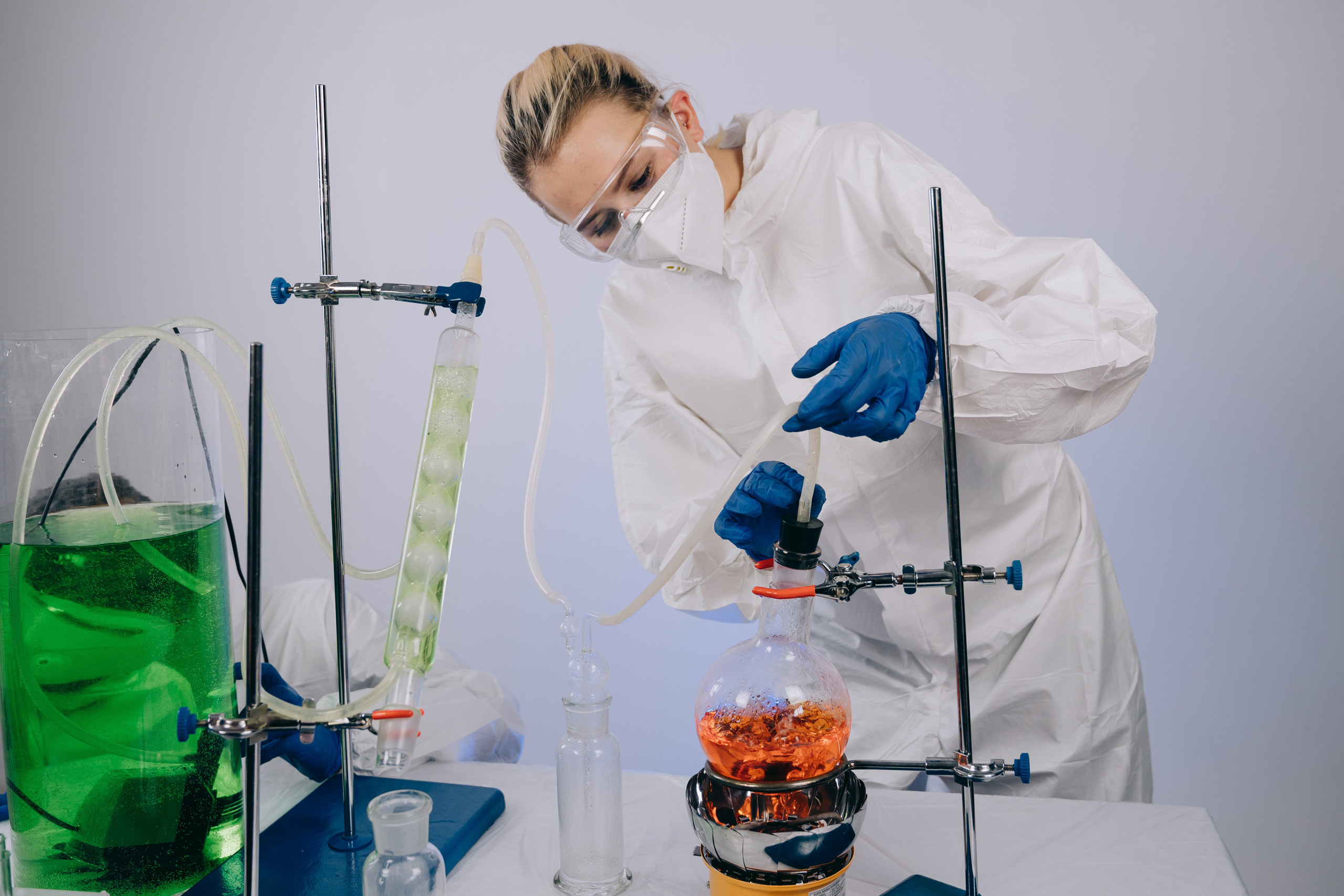Chemistry is one of the most fascinating fields of study. Since it’s so fundamental to our world, chemistry has an important role in everyone’s lives and ideally touches nearly every aspect of our existence in one way or another. Chemistry is vital for meeting our basic needs for food, shelter, clothes, energy, health, and clean water, air, and soil. Technologies in chemistry essentially enrich our lives by offering new solutions to the problems we face in materials, health, and energy usage.
Chemistry is often regarded as the central science considering that it joins together mathematics and physics, medicine and biology, and even earth and environmental sciences. Knowledge of the nature of chemicals and chemical processes offers insights into a great variety of biological and physical phenomena. Knowledge of chemistry is worthwhile as it offers an excellent basis for understanding the physical world we live in.
Studying chemistry also places you in an ideal position to pick from a broad variety of intriguing, valuable, and rewarding careers. People with a bachelor’s level education in chemistry will be well prepared to assume professional positions in education, industry, or public service. A degree in chemistry also provides an excellent foundation for advancing your career or study in several different areas. The list of possible career options for people with training in chemistry is long and varied. Even during high unemployment periods, chemists remain some of the most highly sought-after scientists.
What Exactly Do Chemists Do?
The behaviour and interaction of molecules, atoms, and ions determine the kind of world we live in, our sizes and shapes, and even how we feel on any given day. Chemists who comprehend these ideas are well-placed to handle problems people encounter on a daily basis. On any given day, a chemist could be measuring the amount of insecticide in drinking water, studying the mechanism of recombining DNA molecules, developing a new antibiotic, comparing the protein content in meats, or even analysing the chemistry of moon rock. To understand why a diamond is super hard, why autumn leaves turn red, or why or how soap makes us clean; you need to have a rudimentary knowledge of chemistry.
Immunoassay optimisation is a bioanalytical method which is based on the detection of an analyte by using the binding of an antibody to an antigen. Depending on the assay format, the wanted analyte can be an antigen or an antibody from the patient sample. Without the right validation process, it is impossible to trust immunoassay results.
It might be obvious to you that a person will need a solid chemistry background if they plan to teach chemistry or make a career in the chemical industry creating chemical products like petroleum, pharmaceuticals, preservatives, flavourings, polymeric materials, dyestuffs, or fragrances. You might be aware that chemists are also often employed as chemical oceanographers, environmental scientists, chemical engineers, chemical information specialists, and chemical salespersons.
However, it might be a bit less obvious to some people that you need significant knowledge in chemistry in a number of related professions, including pharmacy, medicine, medical technology, molecular biology, nuclear medicine, pharmacology, biotechnology, paper science, hazardous waste management, pharmaceutical science, forensic science, art conservation, and patent law.
Moreover, a bachelor’s degree in chemistry is a perfect precursor to a medical degree. While most medical colleges don’t require a specific college major, a chemistry background will be helpful in the study of endocrinology, biochemistry, microbiology, and physiology. Chemistry is a perfect major for students who are planning a career in other health professions like dentistry, pharmacy, veterinary medicine, and optometry. Many students have also found out that having a chemical background provides them with a distinct advantage in these programs.
Whether your goal is to become a research scientist or a surgeon, an information specialist, or a teacher, you should consider pursuing chemistry as a degree. It is certainly not for everyone, but those who choose chemistry usually find it an interesting pursuit as it is challenging, and always take great pride in the degree they receive as undergraduates.
